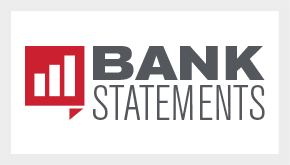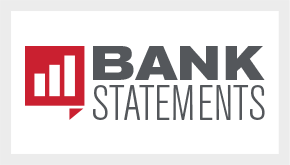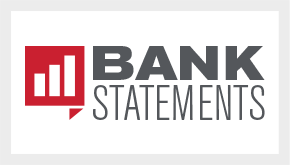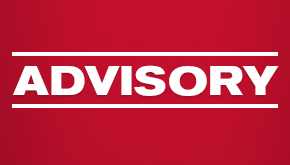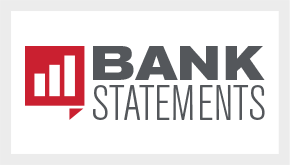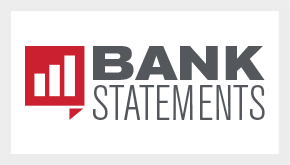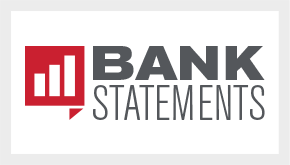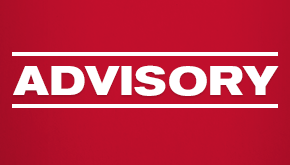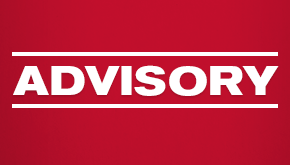SBA Clarifies Application of Affiliation Rules to Payroll Protection Program
Please note: Information in the following advisory was accurate upon its date of publication. However, given the rapidly changing nature of guidance from the Department of the Treasury and others, we recommend you visit the Treasury website and our COVID-19 Resource Center for the latest updates.
The Small Business Administration (SBA) has released a second Interim Final Rule regarding the Paycheck Protection Program (PPP) provisions of the Coronavirus Aid, Relief, and Economic Security (CARES) Act. This new Interim Final Rule was issued late in the day on April 3, 2020, the opening day for lenders to accept PPP applications from eligible borrowers. This new Interim Final Rule supplements the initial PPP Interim Final Rule issued on April 2, 2020.
The new Interim Final Rule provides clarification regarding the application of the SBA’s affiliation rules in determining borrower eligibility for a PPP loan. The new rule clarifies that in most cases a borrower will be considered together with its affiliates for purposes of counting the number of employees for determining PPP eligibility, and the SBA’s existing affiliation rules set forth in 12 CFR § 121.301 also apply to the PPP.
A business concern can be considered an affiliate with another business concern for purposes of counting the number of employees for PPP eligibility based on (i) ownership; (ii) stock options, convertible securities and agreements to merge; (iii) management; or (iv) identity of interest. In connection with the new Interim Final Rule, the SBA released a two-page overview of the application of the foregoing affiliation rules to the PPP.
The CARES Act waives application of the affiliation rules for the following borrowers:
- Any business concern that is assigned a North American Industry Classification System (NAICS) code beginning with 72, with no more than 500 employees per physical location.
- Any business concern operating as a franchise that is assigned a franchise identifier code by the SBA.
- Any business concern that receives financial assistance from a company licensed under Section 301 of the Small Business Investment Act of 1958.
The new rule does not modify these existing affiliation waivers provided for in the CARES Act.
While the new rule could have been used as an opportunity for the SBA to provide a variety of additional affiliation-rule waivers (for example, for private equity portfolio companies), it provides only one additional exemption that only applies to faith-based organizations. Faith-based organizations are now exempt from the SBA’s affiliation rules for purposes of the PPP where the application of the affiliation rules would substantially burden those organizations’ religious exercise. As such, a faith-based organization will not be considered an affiliate of another organization if the relationship is based on a religious teaching or belief, or is part of the exercise of religion.
The SBA released a Faith-Based Organizations FAQ regarding the ability of faith-based organizations to participate in the SBA’s PPP and EIDL loan programs, which contains additional detail regarding the affiliate rule exemption. Additionally, SBA has clarified further that regardless of whether it has been informed of its tax-exempt status by the Internal Revenue Service (IRS), a church (including any temple, mosque, synagogue or other house of worship); integrated auxiliary of churches; and any convention or association of churches will qualify for PPP loans as long as such organization meets the requirements of Section 501(c)(3) of the Internal Revenue Code, and all other PPP requirements. SBA advises that “[s]uch organizations are not required to apply to the IRS to receive tax-exempt status.”
The new rule provides that faith-based organizations seeking PPP loans may rely on reasonable, good faith interpretations in determining whether this exemption applies, and SBA will not assess or require lenders to assess the reasonableness of the faith-based organization’s determination.
In addition to the release of the new Interim Final Rule and affiliation overview, the SBA has released a set of PPP Frequently Asked Questions (FAQs). At this point, only one question is answered in the FAQs, but it states that the document is intended to be updated regularly by SBA in consultation with the Department of the Treasury (the Treasury).
For additional information, please see our prior analysis of the SBA’s initial PPP Interim Final Rule, the Treasury’s initial guidance on the PPP, and the SBA lending program provisions of the CARES Act. Armstrong Teasdale attorneys are actively monitoring and providing updates regarding the impact of COVID-19, including the PPP and other provisions of the CARES Act. Should the Treasury or the SBA provide additional guidance, we will be sure to update you.


